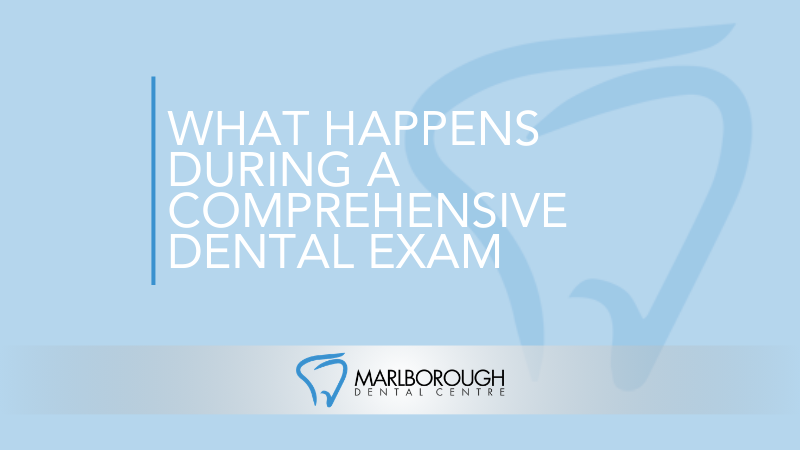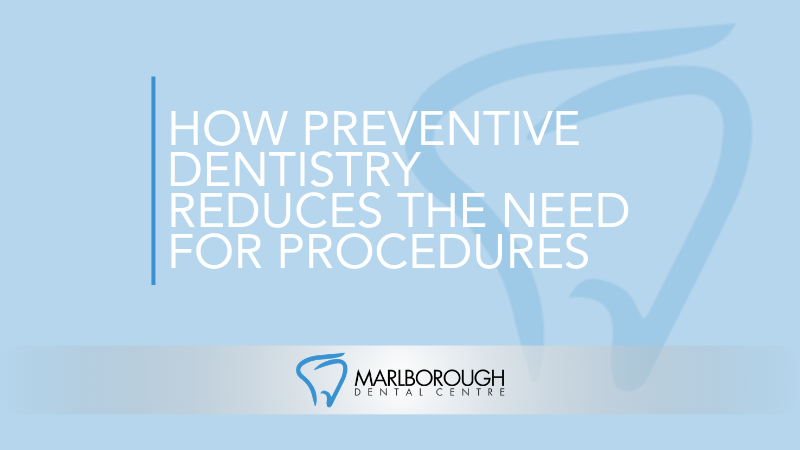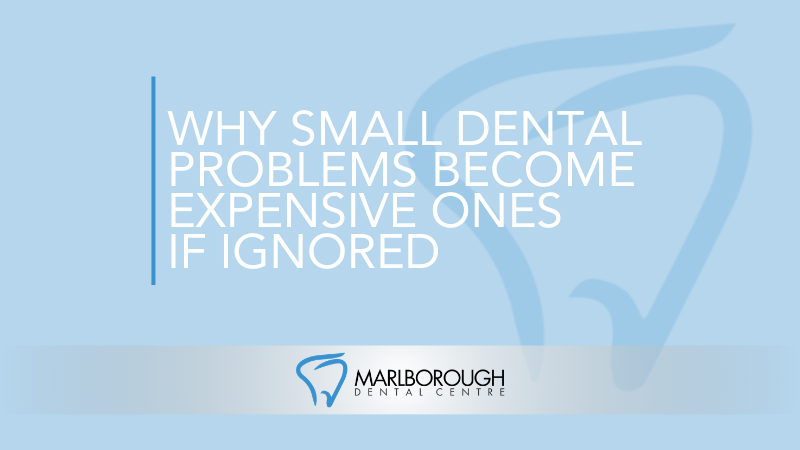A root canal treatment is often required with the pulp (the soft tissue inside the root canal) becomes inflamed or infected.
Some of the reasons why this may happen include:
- deep tooth decay
- repeated dental procedures to the tooth
- cracked/chipped tooth
- faulty crown
- tooth injury
Remember: While many people dread the thought of having to undergo a root canal treatment, if pulp inflammation/infection is left untreated, it can cause severe dental pain or even lead to an abscess.
Affordable and Safe Root Canal Treatments in Calgary
At Marlborough Dental Clinic, we are committed to helping our patients achieve good dental health. From root canals and extractions to sedation dentistry and teeth cleanings, we have the expertise and equipment to make your oral treatment as comfortable and pain-free as possible.
Want to know more?
Root Canal Aftercare: Dos and Don’ts For a Successful Outcome
With advances in dental treatments and oral pain management, root canals aren’t nearly as painful or worrisome for patients as they used to be. Our dental team can help you preserve your natural teeth with modern restorative procedures after your root canal procedure, and use sedation dentistry to keep you comfortable.
Why is Root Canal Aftercare So Important?
Although root canal treatments have garnered a bad reputation, it’s actually a very routine procedure that offers patients excellent outcomes. However, because it affects the structure of the tooth, aftercare is crucial to ensure a speedy and successful recovery.
5 Root Canal Aftercare Tips You Must Follow
If you need a root canal to save one or more of your teeth, you should follow these effective aftercare tips for the best possible outcome:
1. Reduce any stress on the tooth. Until your dentist has placed your brown, your tooth is unprotected. That’s why it’s important to avoid chewing on that side of the mouth, so you can reduce any stress placed on the treated tooth.
2. Eat soft foods. After your root canal, avoid any hard or crunchy foods as this can damage your temporary filling or even break your tooth. To be extra safe, avoid such foods until the final restoration is in place.
3. Brush your teeth gently. While it’s important to maintain your oral care routine after a root canal, be VERY careful when brushing and flossing the treated area. Take your time and don’t force the floss. If you’re having difficulty, talk to your dentist about reshaping the filling.
4. Get a crown. Because a root canal removes the interior portion of your tooth, it weakens the structure, which is why a crown is needed to protect the tooth and prevent any damage. Often, the placement of a crown is done after your tooth and mouth have healed from the root canal.
5. Treat your pain as needed. It’s quite normal to feel some pain, discomfort, and inflammation after a root canal and to manage this, you can take non-prescription medicine such as Tylenol or ibuprofen.
Managing Pain After A Root Canal
Contrary to popular opinion, most patients experience little to no pain after a root canal, although sensations vary depending on each individual patient’s treatment and tolerance. In most cases, patients who have discomfort will experience it for 1-2 days, as it gradually subsides.
What if the pain doesn’t go away?
If your pain refuses to subside, or increases in intensity, it could be a sign of a problem. You must contact your dentist immediately and schedule a checkup.
Contact Us
To find out more about the costs and benefits of our dental treatments such as root canals, teeth whitening, and Invisalign, contact our Calgary dental clinic at (403) 248-2066 or fill in our online contact form.



